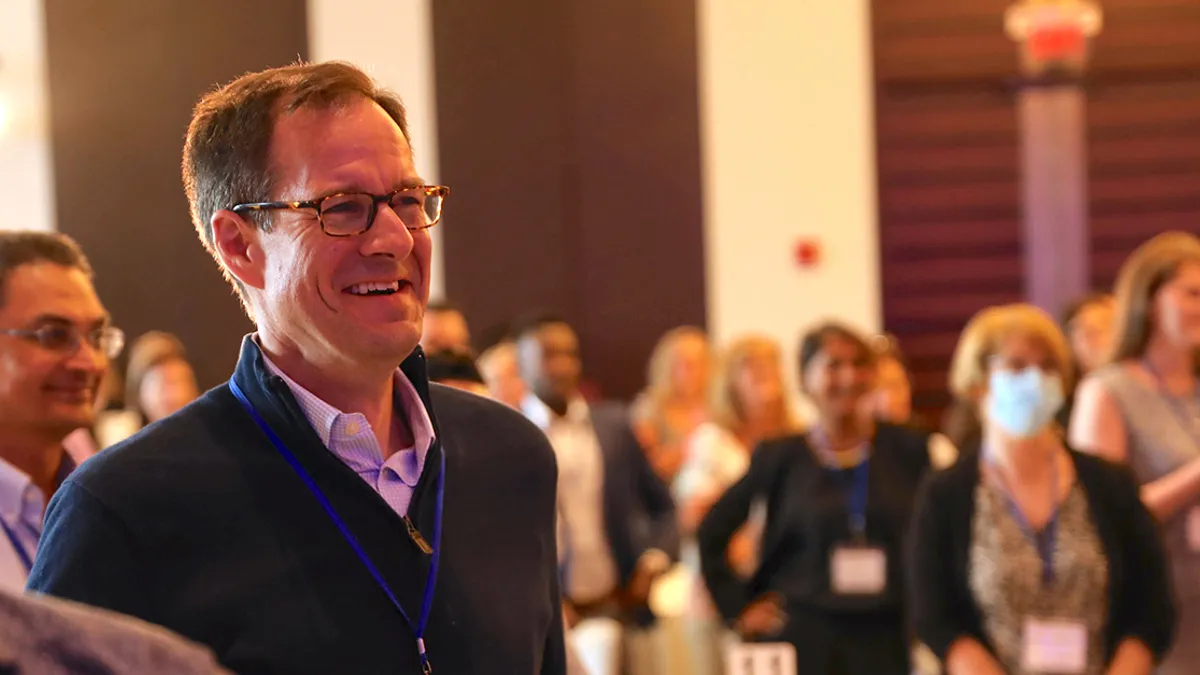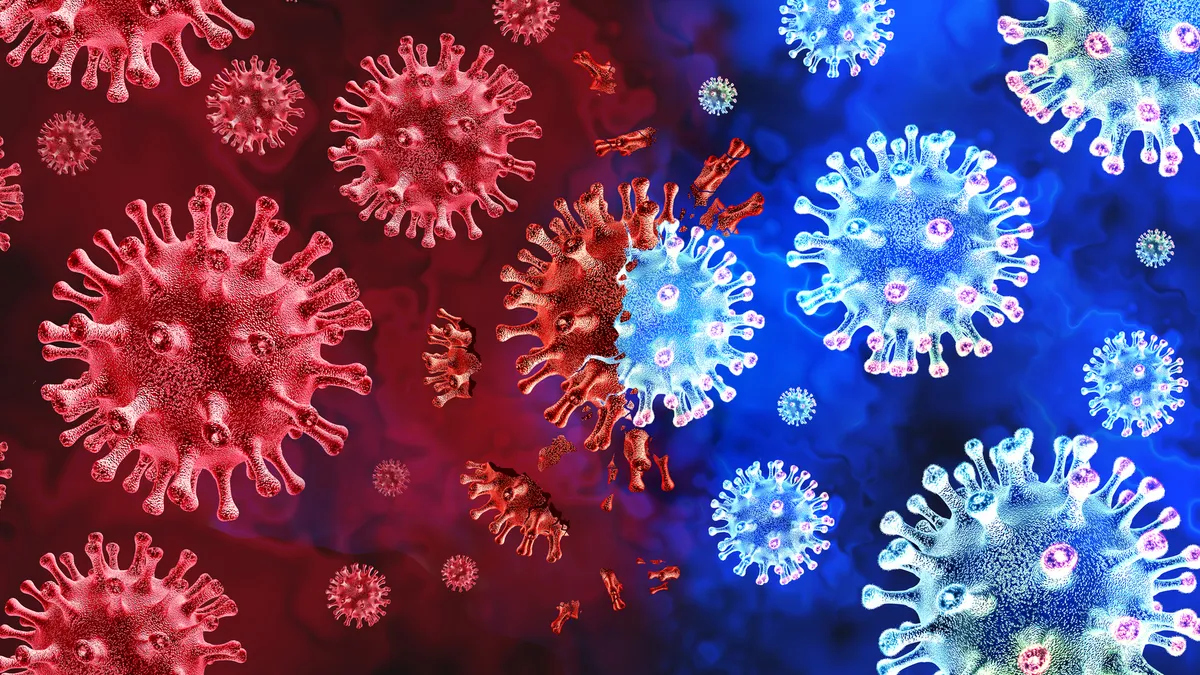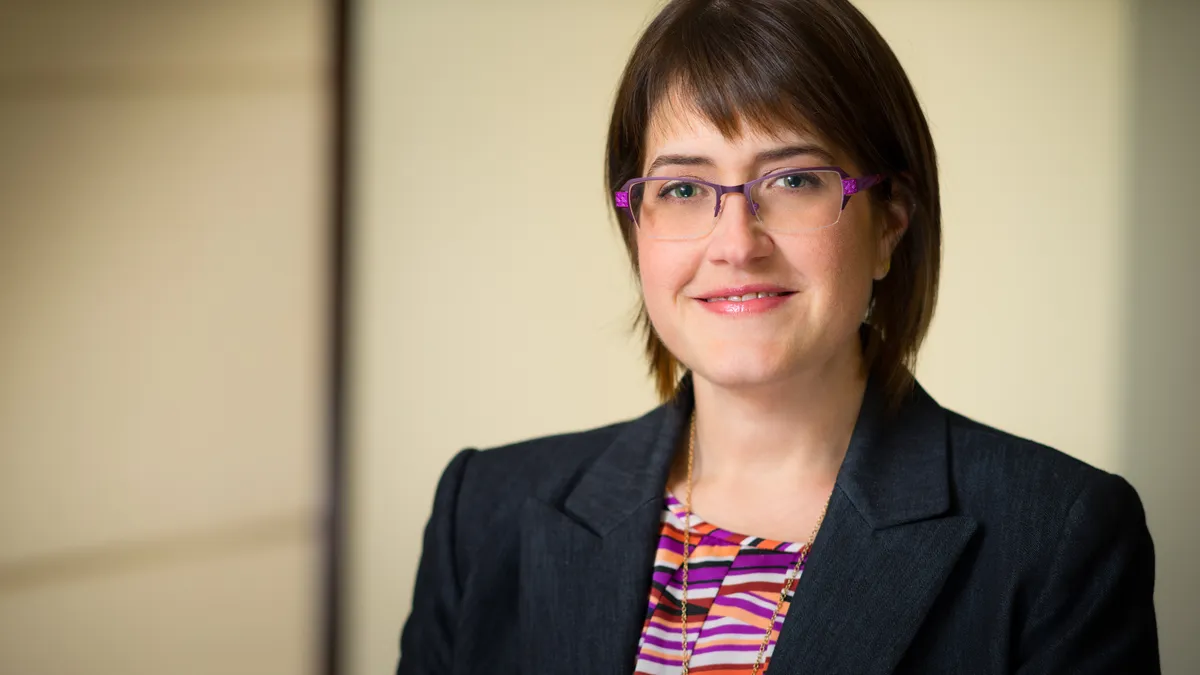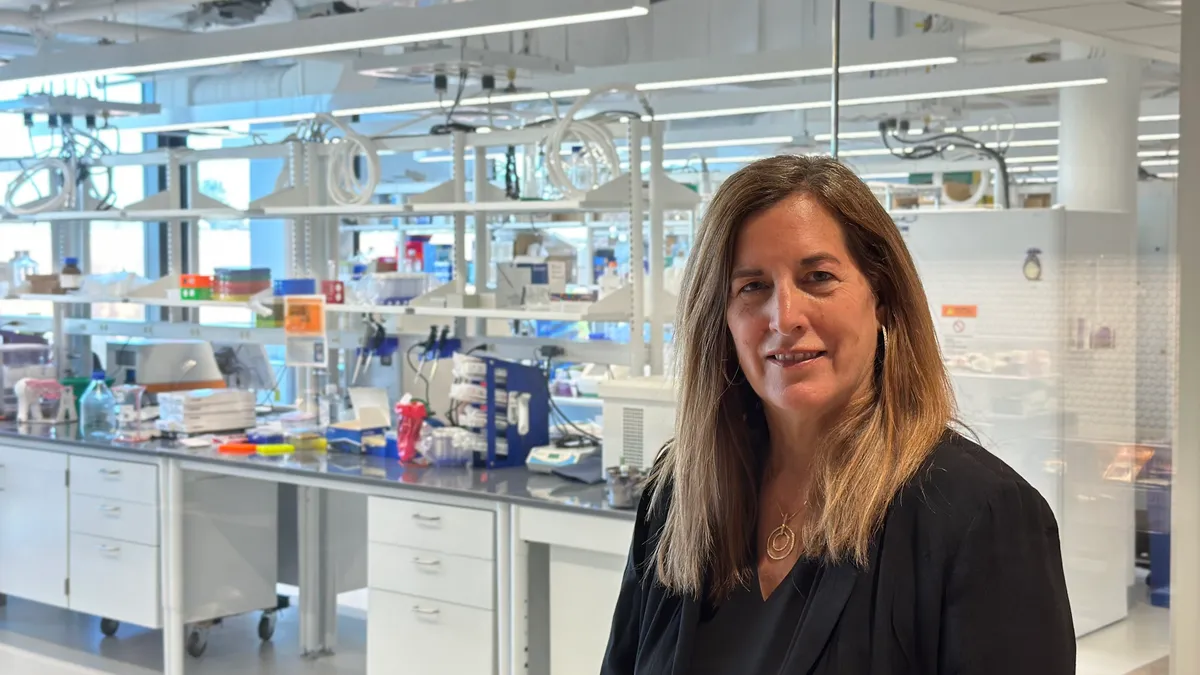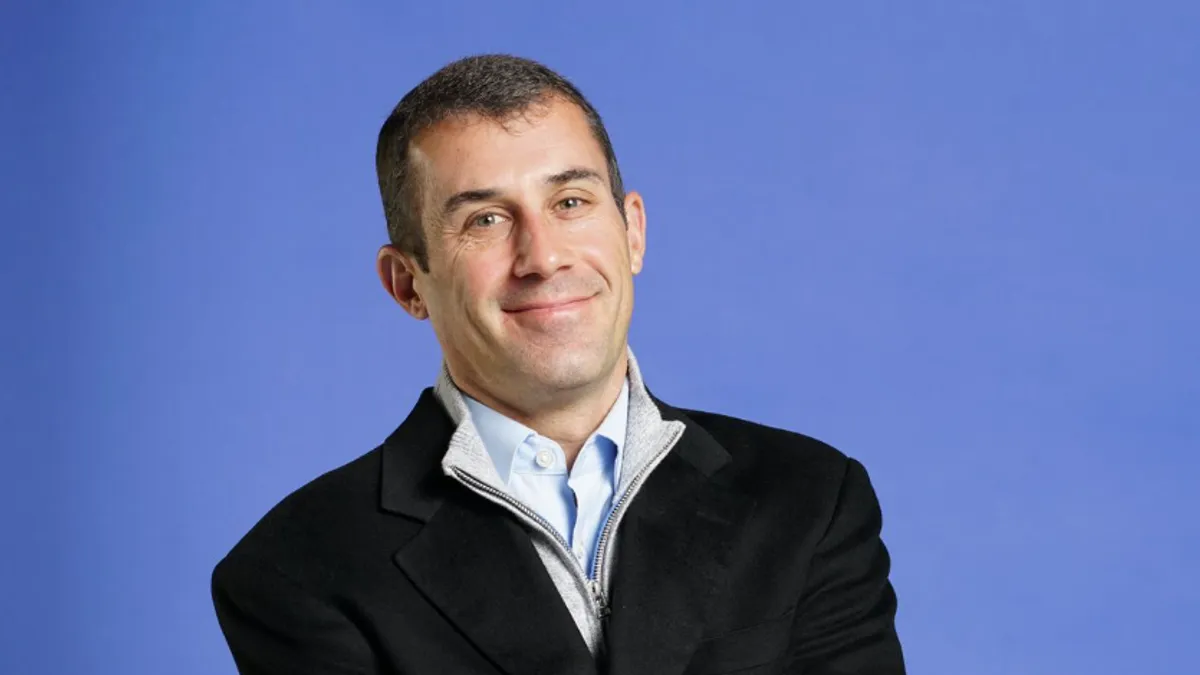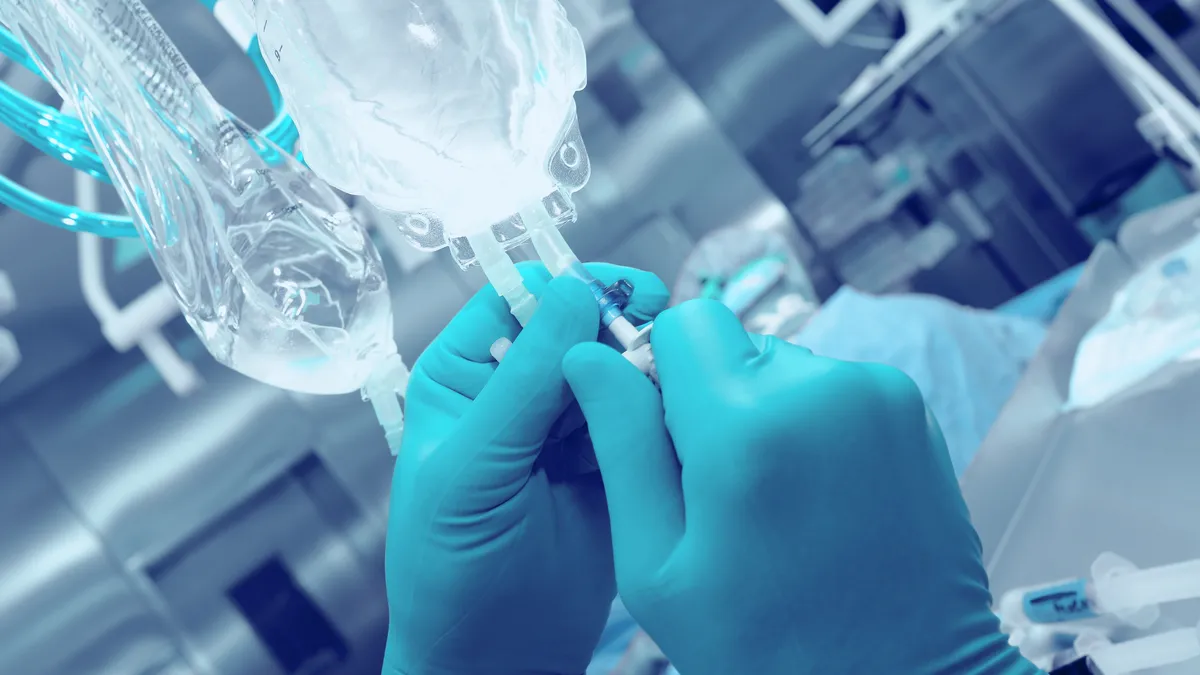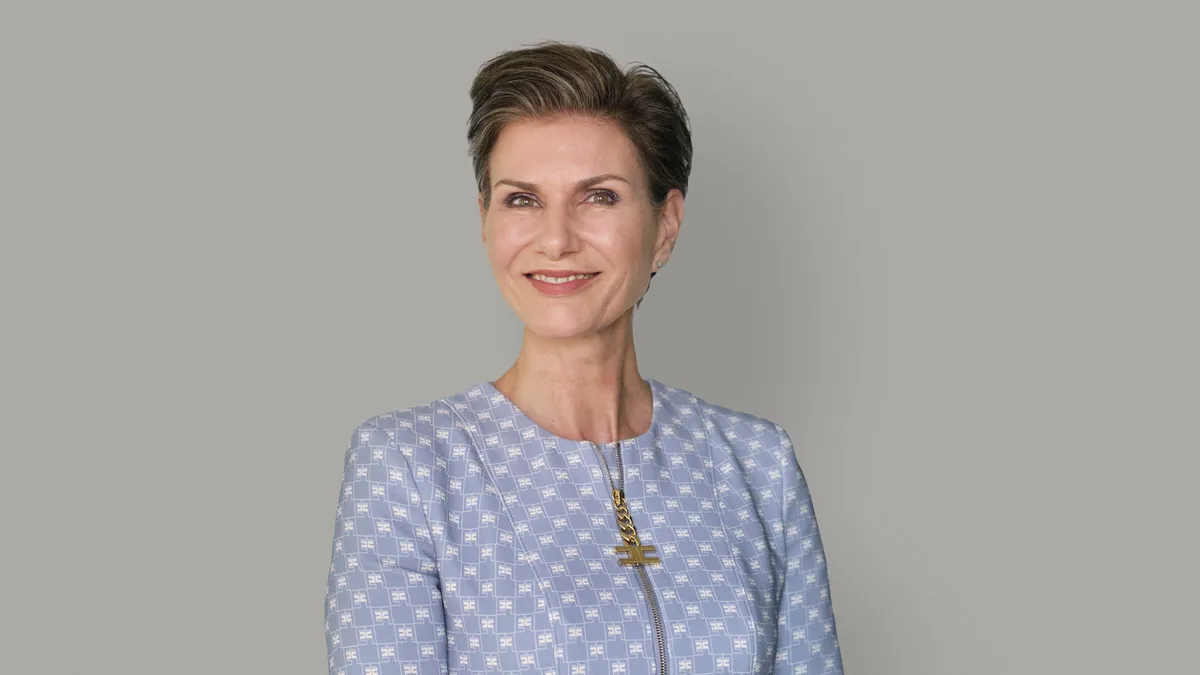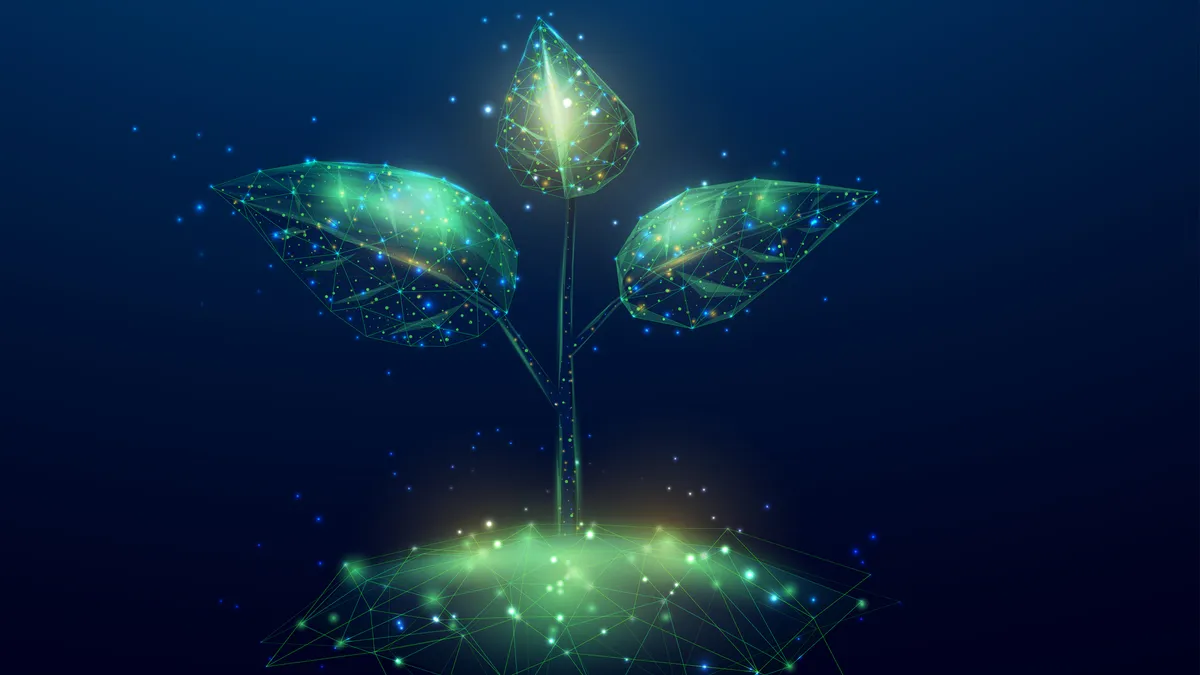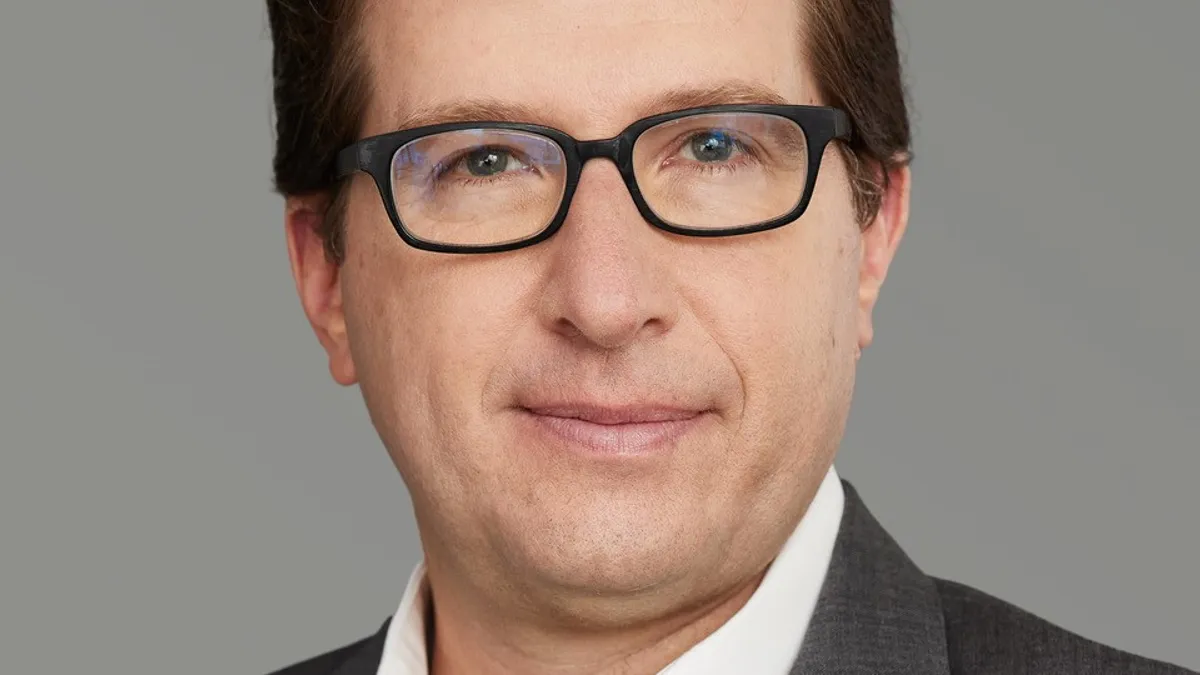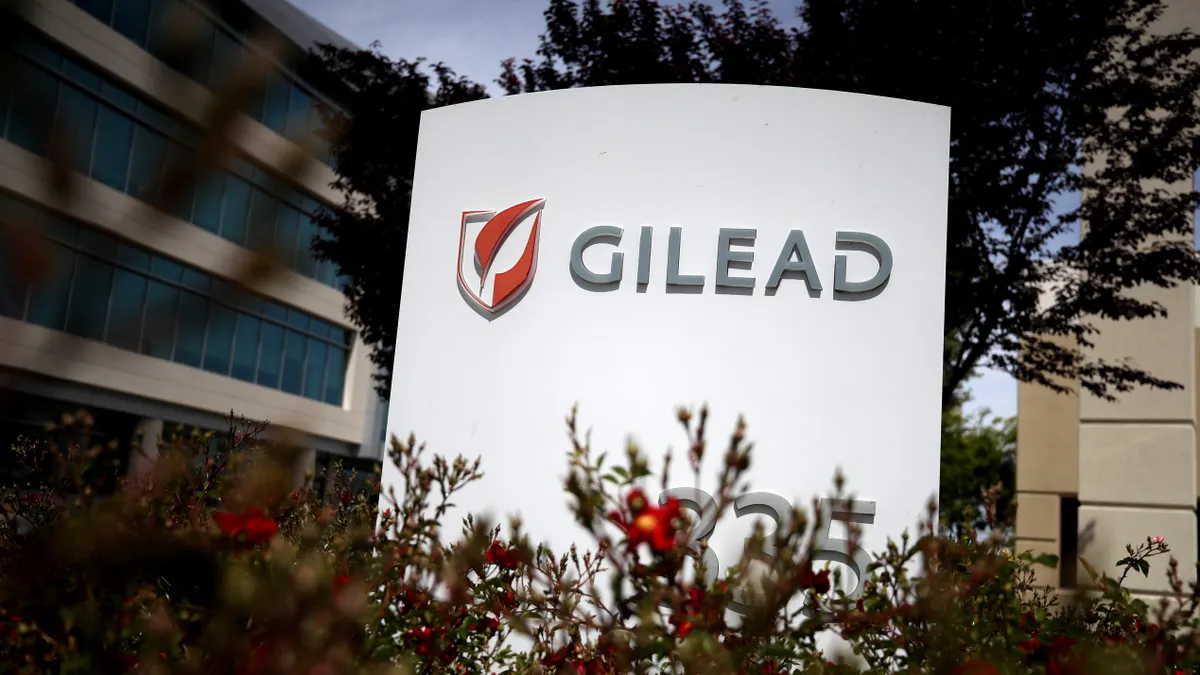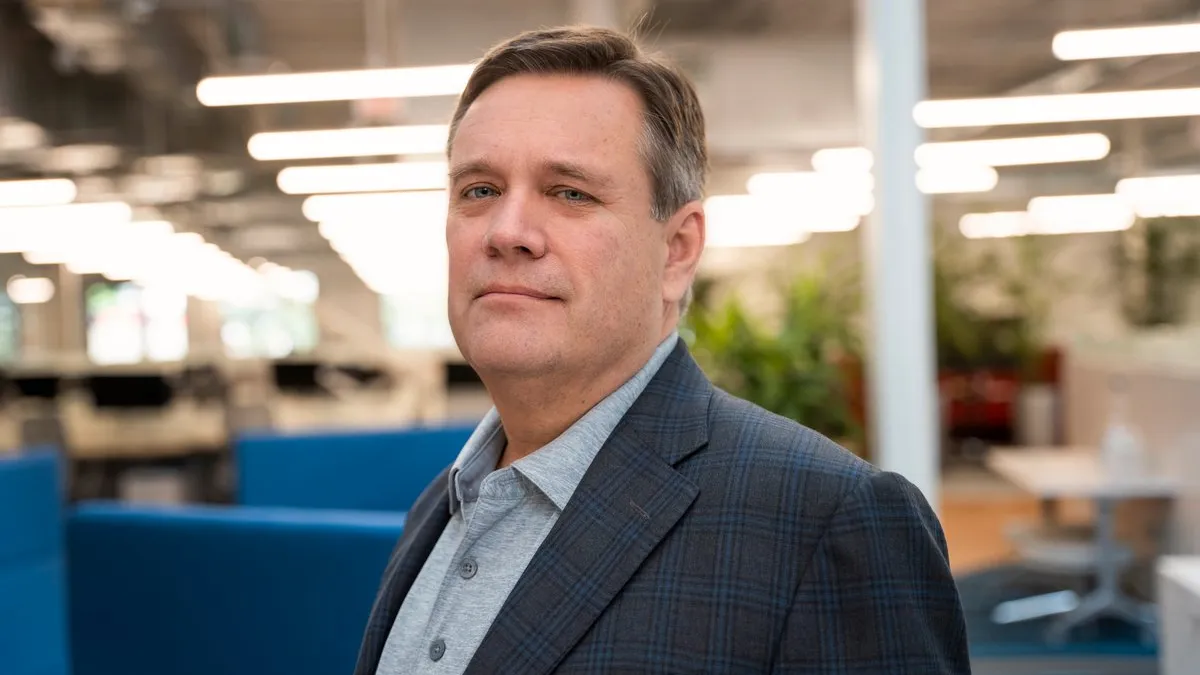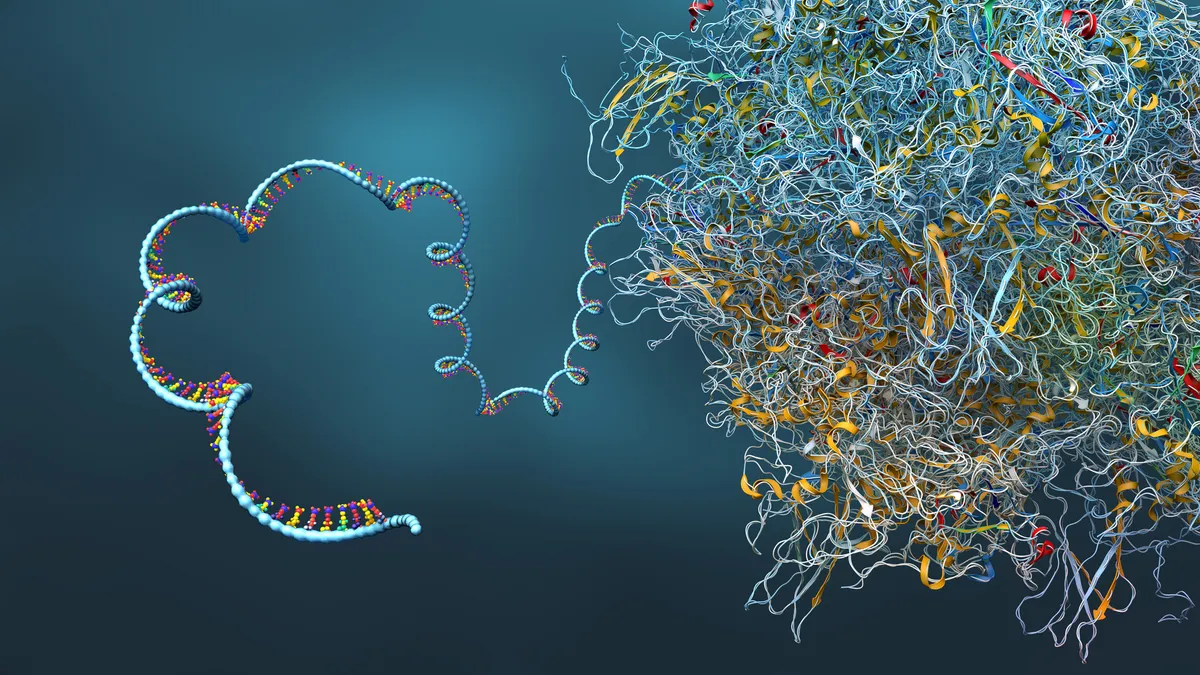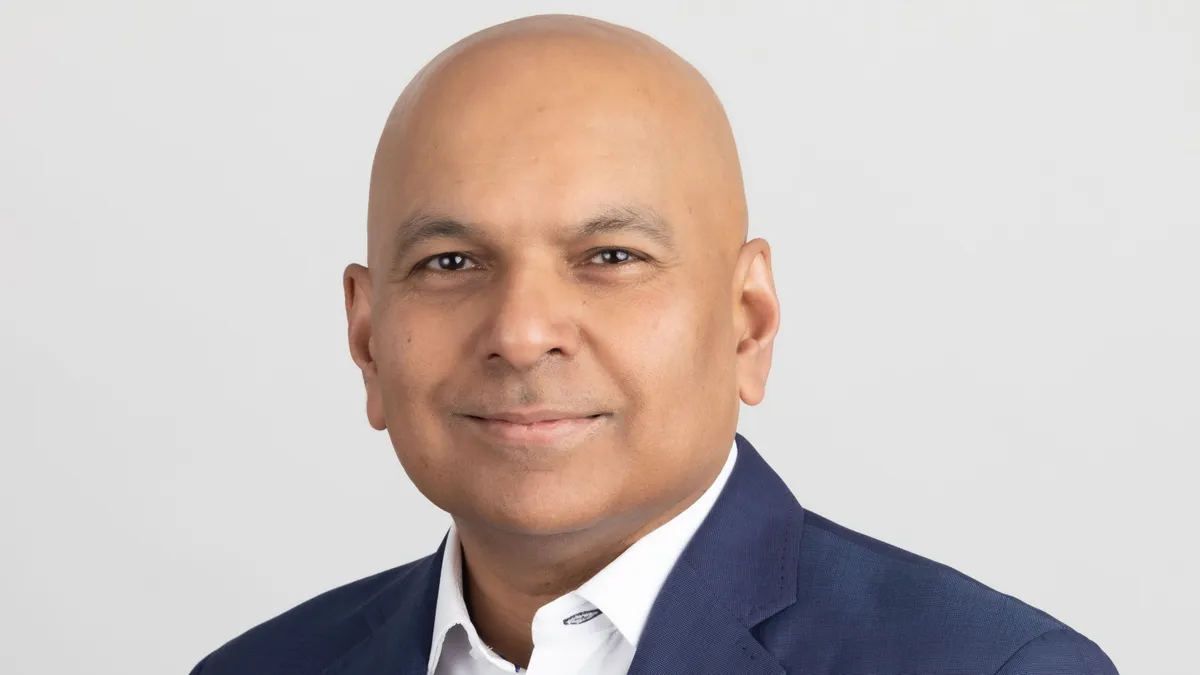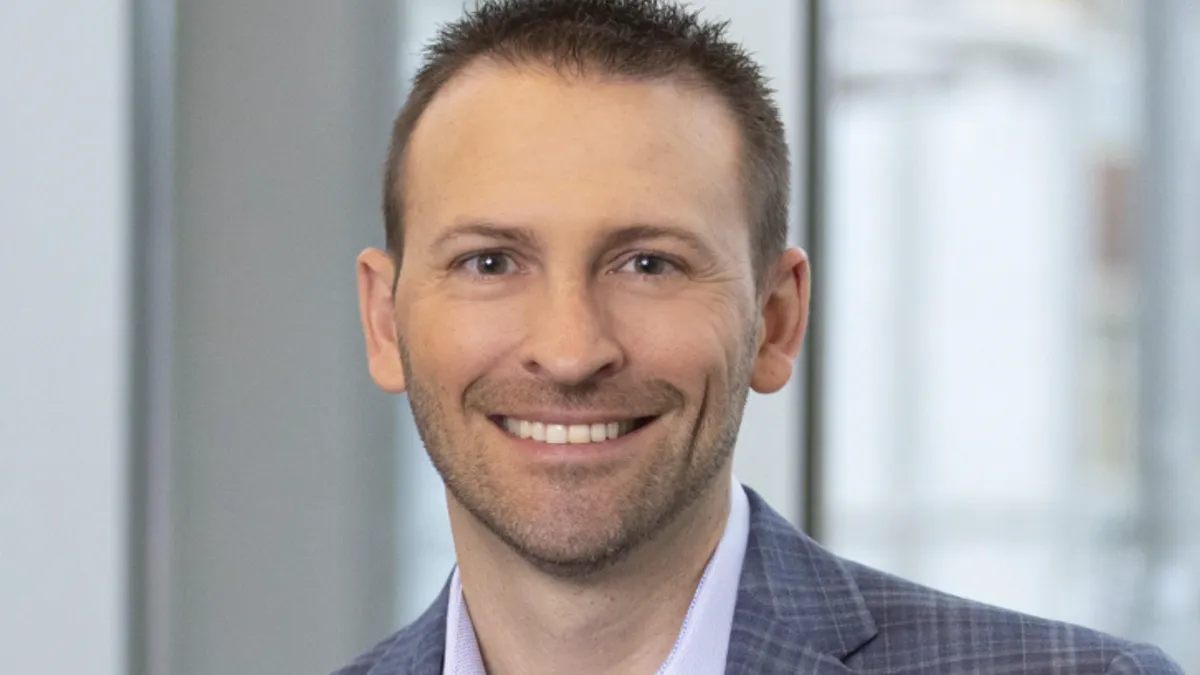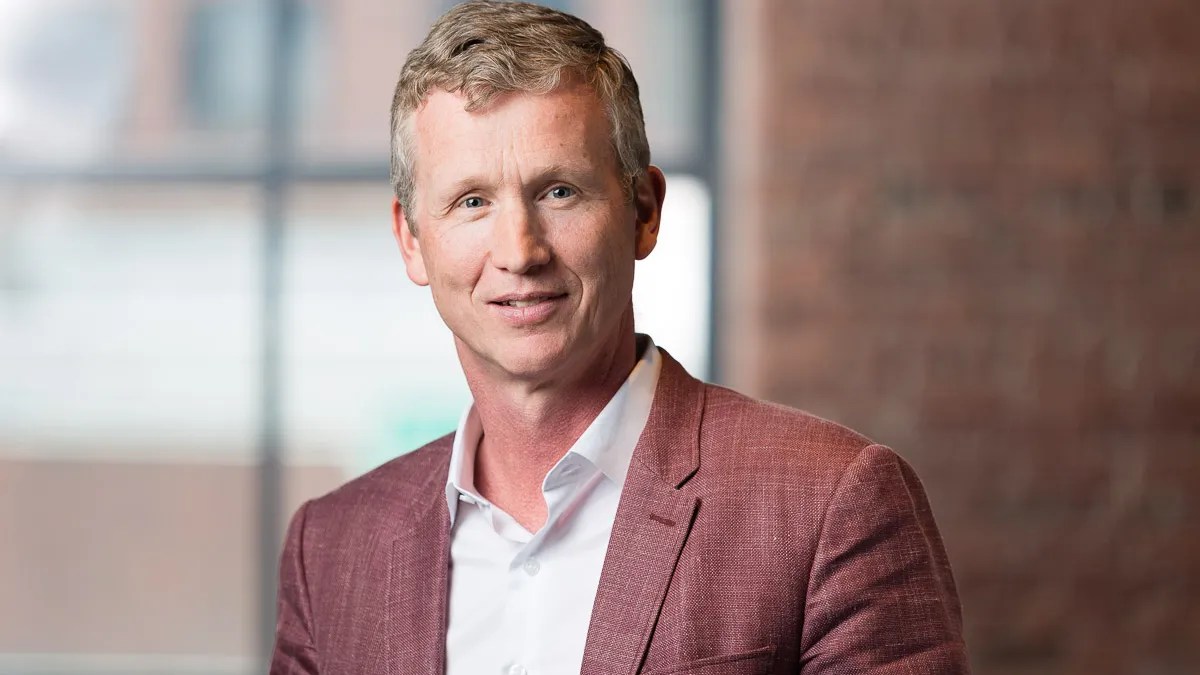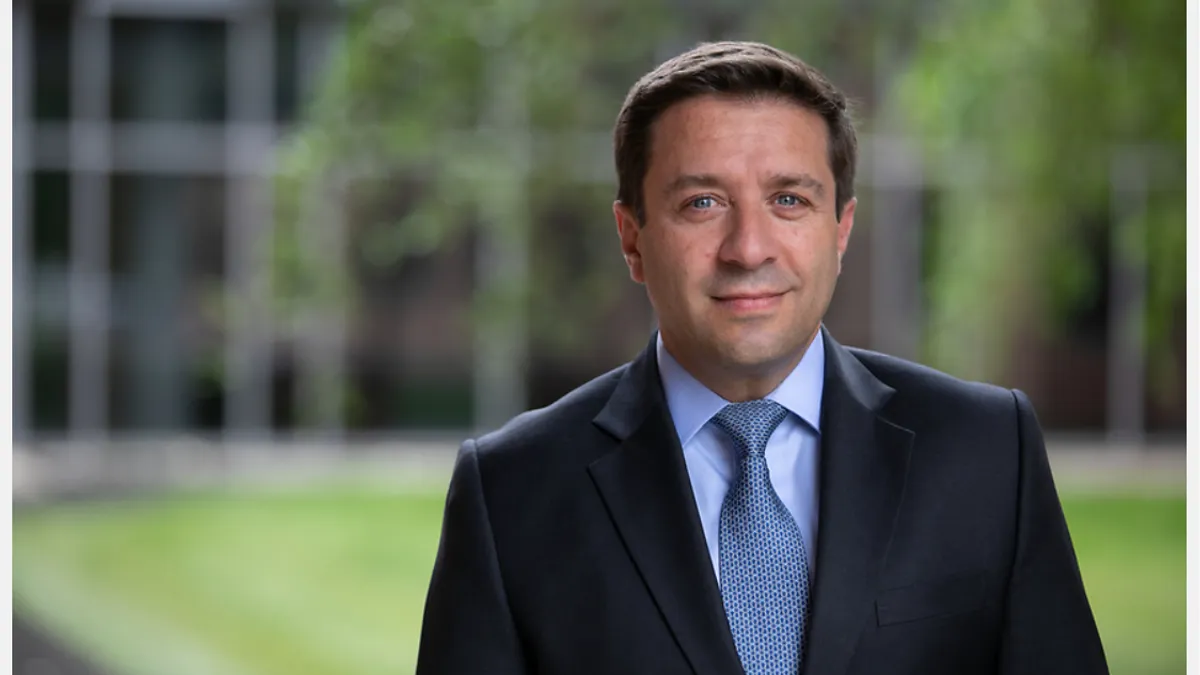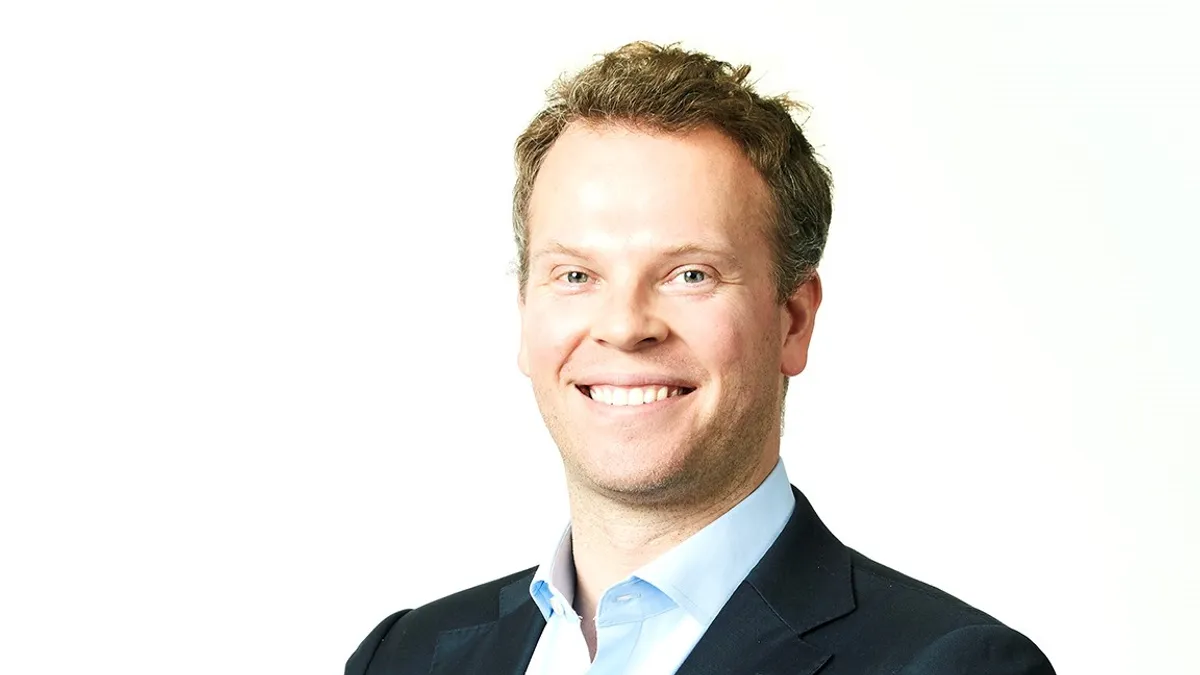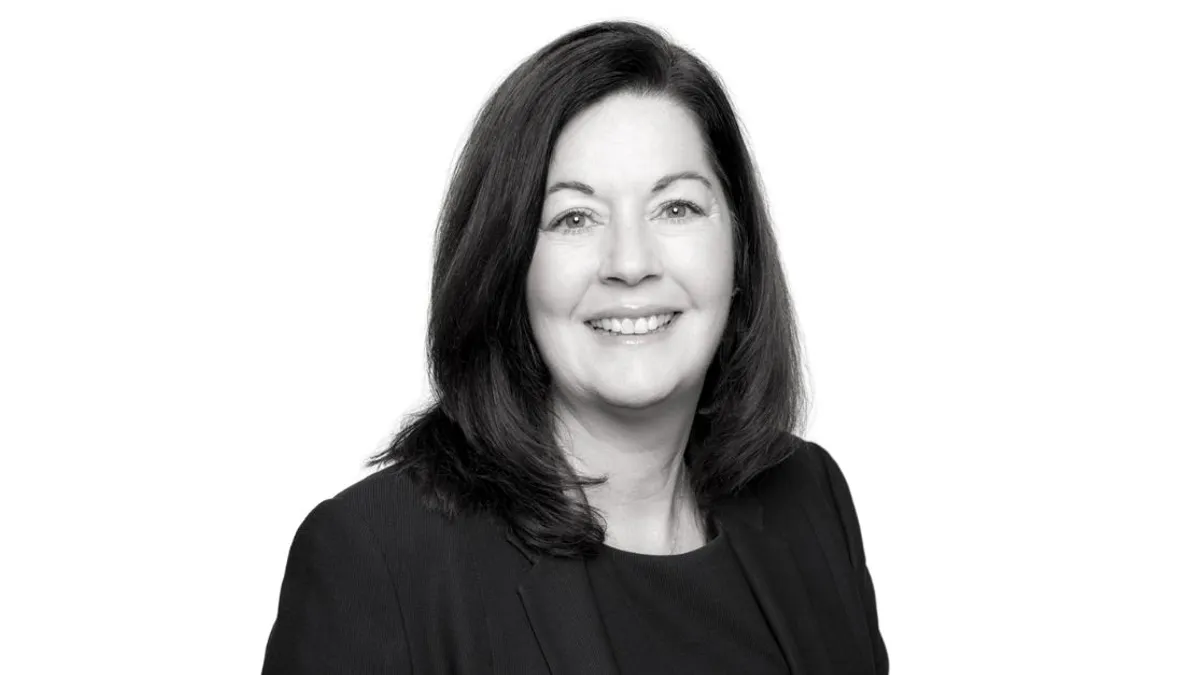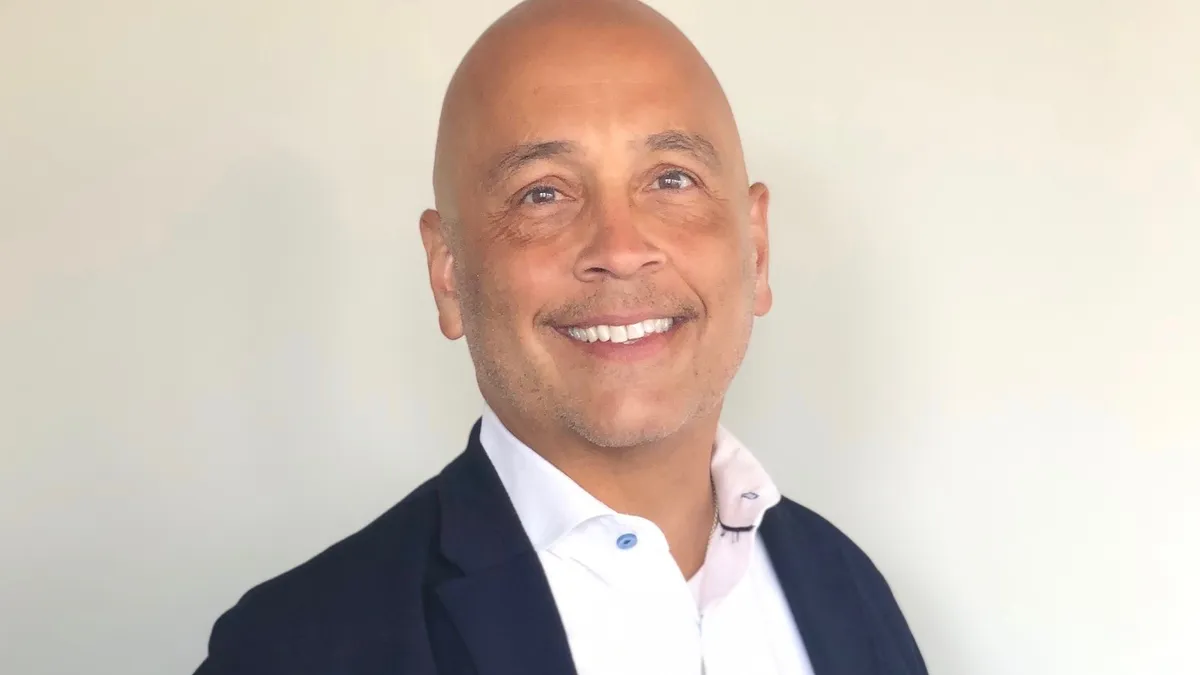Welcome to First 90 Days, a series dedicated to examining how pharma executives are planning for success in their new roles. Today, we’re looking at Pheast Therapeutics’ CEO, Jacopo Leonardi, who is leading a team of next-generation scientists to unlock the potential of macrophages to address hard to treat cancers.
Jacopo Leonardi is in “pheast” mode. As CEO of Pheast Therapeutics, Leonardi and his team are intent on “cracking the code on difficult to treat cancers” with a breakthrough macrophage platform.
After C-suite and executive roles at Horizon, Baxter and Baxalta, Leonardi is optimistic about his new role at Pheast, which he assumed in January 2023. He takes over for one of the principal founders Dr. Amira Barkal, who launched the company with Roy Maute amd two other colleagues less than a year ago with backing from Arch Ventures and Catalio Capital Management.
“I feel a great sense of purpose with this group to build a purpose-driven, high-performing immuno-oncology company with a diverse pipeline of breakthrough therapies to help as many patients as possible who are impacted by difficult to treat cancers,” Leonardi said.
The company’s focus is on immunotherapies that block a “don’t eat me” signal, including CD24 expressed on cancer cells. Barkal elucidated the role of CD24 in her dissertation research, which expanded on the earlier work pioneered by company co-founders Dr. Irving Weissman and Dr. Ravi Majeti around the CD47 molecule.
The company’s platform is designed to harness the innate immune system to fight cancer through the macrophage, an immune cell found in tumors that acts like a “Pac-Man” gobbling up damaged cells and destroying them through a process called “phagocytosis.”
“Cancer is quite devious, it creates ways to protect itself from the immune system,” Leonardi said. “The immune system, specifically the first responder macrophages, want to eat abnormal cells. But cancer cells grow quickly and develop something like an armor that sends signals to tell the macrophages ‘don’t eat me.’ Our specific program is focused on blocking that ‘don’t eat me’ signal so that macrophages can ‘feast on cancer.’”
Leonardi said the early-stage company is already “seeing some potential in ovarian cancer and breast cancer,” which is just the start of the novel targets they expect to generate against difficult to treat cancers.
Here, Leonardi discusses how he plans to help the company harness the power of macrophages, his approach to building high-performing teams and the near- and longer-term goals for Pheast.
The conversation has been edited for brevity and style.
PHARMAVOICE: You have vast industry experience. What drew you to Pheast?
JACOPO LEONARDI: As I was doing my homework into the company, I thought the breakthrough research into macrophage biology was a hidden gem. I was excited to work with the deep scientific experts in innate immunity and immuno-oncology. We have a team of almost 15 scientists now and they’re incredible. They’re humble, they’re hungry, they’re relentless. They’re next generation scientists. They’re collaborative. They’ve got tremendous independent thinking and the courage to be exceptional. They’re fearless.
Second, I love to coach, develop and mentor folks. Because they’re just so bright and talented, to even be a small part of their journey is very humbling. I want to bring out the very best in each person on the team and bring them together as an incredibly high-performing team so that we can all be at our best and help crack the code on difficult to treat cancers.
You took over the CEO role from Dr. Bakal. How are you going to make the role your own?
I always approach every opportunity with tremendous humility and a willingness to learn. In terms of defining how I would make this role my own, part of it is just being authentic to who I am and how I can make an impact. I always start with what is our core purpose, why do we get up every day. The team’s been able to do a great job at defining that.
My role is to help build an incredibly high-performing team. We potentially could expand the team significantly in the next 12 months. I’m not going to be the expert scientist; I was brought in to bring together the expert scientists and unleash the collective intelligence of a diverse team. How do we really build this team to operate at a high-performing level? Part of that is making clear strategic choices. We can’t be everything to everybody. So making clear strategic choices about what we want to be, how we are going to differentiate Pheast and how we leverage our expertise to make a difference for patients is going to translate into the choices we make strategically. It sounds pretty basic, but what do they say? Easy to say, hard to do, especially when you’re a relatively new company that’s still growing. You can’t take those basics for granted.
You’re known for being a leader who values diversity in inclusiveness. What are some of the other traits you look for when you are looking to build out a high-performing team?
I start with the heart first. Are they caring, kind, passionate, purpose-driven (and) unselfish? Do they put the cause and the mission above themselves, and do they have character and integrity? Also, are they a great teammate? Are they the type of person and leader who feeds positive energy to others and lifts people up?
Then I consider the mind. Specifically, are they open-minded? Are they constantly curious and intellectually honest? Are they trying to be the smartest person in the room or are they trying to unleash the power of the collective intelligence in the room? Are they solution-oriented, do they simplify the complex and are they able to think in non-linear ways?
And then I look at the spirit. Do they have grit? Do they have that inner fortitude and inner toughness? Can they bounce back from failures and setbacks? We know in scientific innovation there’s a lot of that; it’s not always a straight line. And so are they able to learn from those failures.
"I always approach every opportunity with tremendous humility and a willingness to learn."

Jacopo Leonardi
CEO, Pheast Therapeutics
And then I look at skills. Skills sort of come last. It doesn’t mean skills are not incredibly important, but if someone doesn’t have those other things, it could be a threat to the culture. People who have those kinds of traits tend to be your culture builders. When I was younger, I tended to look at skills first, and maybe I was willing to compromise a bit on those other elements. And every time I did that, I seemed to get burned when I was looking for people.
What are your near-term and longer-term goals for the company?
Our purpose at Pheast is to harness the power of the innate immune system and deliver the next generation of precise immunotherapies to defy cancer and help patients thrive. Near term, we have a lead macrophage checkpoint inhibitor program focused on one of these novel cell surface proteins called CD24 that we want to continue to advance and bring into the clinic next year. That’ll be a big milestone for us.
Early on, we’re seeing potential in ovarian cancer and breast cancer. The team also has put a lot of energy and expertise into building this proprietary discovery platform, and we’re already starting to generate novel targets that could also be focused on difficult to treat cancers. We’re not just one program; we have a unique platform technology so longer term we hope to generate other interesting targets for precision immuno-oncology.
With all your experience, do you envision being able to take your work in the clinic to the market on your own, or is it too early to say yet?
It’s a great question. We do talk about that. The philosophy we’ve taken at Pheast is we want to build a durable, premier immuno-oncology biotech company. And when I say that, I think we absolutely have and can build out the capabilities to go from bench to bedside. That’s our aspiration and our intention to how we’re going to build the company. And of course, in our industry, just given the model where a lot of companies, especially when you’re bringing forward innovative science, there are mergers and acquisitions so there’s always that possibility.
At the end of the day, we want to bring medical breakthroughs to people so they can live wonderful lives and thrive. Our scoreboard is whether we are able to bring forward potential medical breakthroughs — turn them from twinkles in test tubes into breakthrough therapies— that can make a real difference in people’s lives. We know there is still so much unmet need in cancer. It’s something that touches many of us and our families. So, it’s easy to get excited each and every day.
What are some of the leadership strengths you lean on to manage through the cyclical financial ups and downs in biotech?
First and foremost, grit is probably the No. 1 thing that serves people in the biotech world really well. What we’re all trying to do is really hard. You want a strong team because innovation is hard. Next, you need to take a long perspective. You have to think transformationally, not transactionally.
It also takes the power of human connection. We all get down sometimes, it takes teammates to lift us back up, friends to lift us back up. And you have to stick to your purpose, because day to day it’s easy to get knocked off your path. Being very clear about what the purpose is and the core values is really important.








